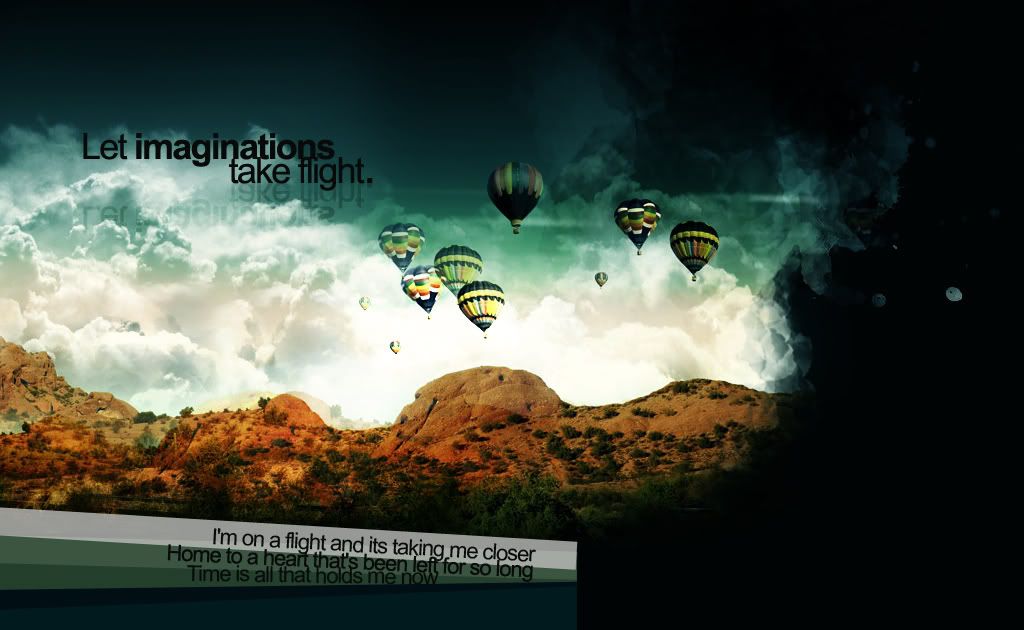
Cyclones, hurricanes and typhoons are another weather phenomena capable of mass destruction and which are generally limited to defined coastal areas. Thanks to satellite imagery we can now see these form and track them from space, usually with sufficient accuracy to evacuate low-lying areas however this technology does not enable any accurate means of prediction. As near as we can get is identifying weather patterns and cloud formations together with data on ocean currents and temperatures to a degree that offers probability statistics suggesting the likelihood of tropical storm generation.
Natural hazards and disasters will continue to happen and there is nothing we as a species can do other than try every possible scientific method and engineering solution available to mitigate the consequences. There is no real science involved in prediction, at best mathematical probability sometimes provide windows of time in which a higher likelihood of a natural hazards or disasters might eventuate. Even the most experienced of vulcanologist cannot seem to provide absolute certainty volcanoes rumble to life however it does not always follow they erupt.
There IS no way to prevent natural disasters....they HAPPEN. Earthquakes, for instance, are the result of shifts in the plates covering the earth, and are periodic and eternal. We are not responsible for "global warming" because some places are actually getting colder. It's called WEATHER, and since we have been recording it scientifically for just a little over 100 years, we have no way of determining what effect humans have on the planet. If you recall, the last Ice Age was caused by a giant meteor hitting the earth and raising a monumental dust cloud that actually DID affect climate. I can assure you, there was not a single internal combustion engine involved.
The best prevention we can do is to use our natural resources carefully and judiciously, build our homes and other structures the best we can, to withstand as much as possible, and stop being so bloody arrogant as to think we have more power than NATURE.
You can't prevent those natural disasters from happening but you can learn how to respond when they do happen. Know what to do during an earthquake or a tsunami or a hurricane